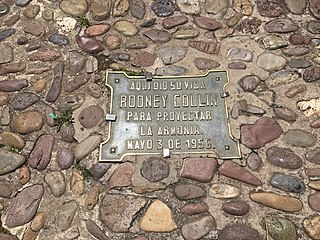A Quote by Margaret Drabble
There are some people who cannot get onto a train without imagining that they are about to voyage into the significant unknown; as though the notion of movement were inseparably connected with the notion of discovery, as though each displacement of the body were a displacement of the soul.
Related Quotes
I have rarely read anything which has interested me more, though I have not read as yet more than a quarter of the book proper. From quotations which I had seen, I had a high notion of Aristotle's merits, but I had not the most remote notion what a wonderful man he was. Linnaeus and Cuvier have been my two gods, though in very different ways, but they were mere schoolboys to old Aristotle.
As though she had entered a fable, as though she were no more than words crawling along a dry page, or as though she were becoming that page itself, that surface on which her story would be written and across which there blew a hot and merciless wind, turning her body to papyrus, her skin to parchment, her soul to paper.
Imagining the world without us is a recipe for despair and paralysis. I actually think it's more helpful to imagine the world before us, to look back at those unstable ecosystems of the Triassic and realize that were in another phase of unstable ecosystems. Knowing that, demystifying our situation as it were, makes it easier to think about solutions. We are not looking into the unknown. The only thing unknown about the situation is how we're going to fix it, and when.
This is a world that is much more uncertain than the past. In the past we were certain, we were certain it was us versus the Russians in the past. We were certain, and therefore we had huge nuclear arsenals aimed at each other to keep the peace. That's what we were certain of... You see, even though it's an uncertain world, we're certain of some things. We're certain that even though the "evil empire" may have passed, evil still remains.
Commonplace people have an answer for everything and nothing ever surprises them. They try to look as though they knew what you were about to say better than you did yourself, and when it is their turn to speak, they repeat with great assurance something that they have heard other people say, as though it were their own invention.
I never said a word against eminent men of science. What I complain of is a vague popular philosophy which supposes itself to be scientific when it is really nothing but a sort of new religion and an uncommonly nasty one. When people talked about the fall of man, they knew they were talking about a mystery, a thing they didn't understand. Now they talk about the survival of the fittest: they think they do understand it, whereas they have not merely no notion, they have an elaborately false notion of what the words mean.







































